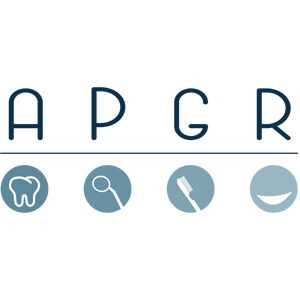Bruxism
What causes bruxism?
Bruxism: causes and treatments
Recent years have seen more comprehensive studies on bruxism, challenging some of the conclusions drawn in the past.
Today, bruxism is defined as a repetitive jaw-muscle activity that can occur during both nighttime and daytime hours.
Therefore, bruxism can be divided into sleep bruxism and awake bruxism.
Sleep bruxism is an involuntary activity, which cannot be resolved permanently. However, in certain cases, it is possible to limit the dental and musculoskeletal damage associated with it.
Evaluating the presence of concomitant disorders, such as sleep apnoea, is often appropriate.
Unlike sleep bruxism, awake bruxism is a conscious (but often not fully conscious) activity. Therefore, interventions, such as counselling and control systems (e.g., phone apps), can help address or manage the condition.
Cognitive-behavioural therapy should not be fully excluded.

